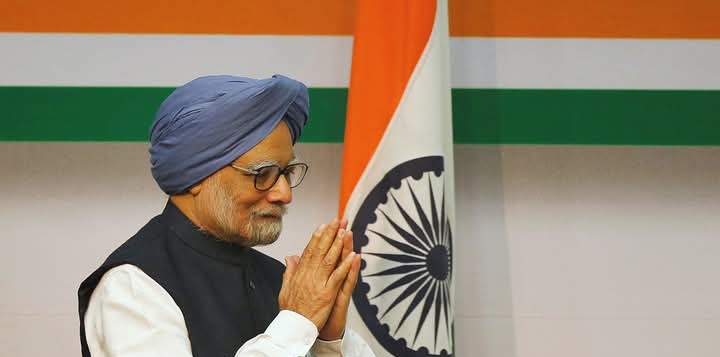Former Indian Prime Minister Manmohan Singh, a pivotal figure in shaping modern India’s economic trajectory and securing a historic nuclear agreement with the United States, has passed away at the age of 92.
Singh, widely respected for his intellect and integrity, was admitted to New Delhi’s All India Institute of Medical Sciences late Thursday following a sudden loss of consciousness. The hospital reported that he was undergoing treatment for age-related ailments.
Singh’s legacy as a transformative leader began long before he entered the political spotlight. A soft-spoken technocrat with a Harvard education, Singh was the driving force behind India’s economic liberalization in the early 1990s, a reform that pulled the nation out of a severe financial crisis and placed it on a path of sustained growth.
His tenure as Finance Minister under Prime Minister P.V. Narasimha Rao is credited with dismantling decades of socialist-era controls, unleashing India’s economic potential, and opening it to global markets.
In 2004, Singh was unexpectedly elevated to the position of Prime Minister by Sonia Gandhi, the Congress Party leader and widow of Rajiv Gandhi. Known for his humility and lack of political ambition, Singh served two consecutive terms, becoming one of India’s longest-serving prime ministers.
His tenure saw significant milestones, including the U.S.-India Civil Nuclear Agreement, which ended India’s nuclear isolation and cemented its strategic partnership with Washington.
Despite his towering achievements, Singh’s time in office was not without challenges. Allegations of corruption among his ministers, particularly during his second term, cast a shadow over his otherwise impeccable reputation.
The controversies surrounding the 2010 Commonwealth Games and telecom spectrum allocation became flashpoints for public outrage, leading to a dramatic erosion of support for the Congress Party. In the 2014 general elections, the party suffered a historic defeat to the Bharatiya Janata Party (BJP) led by Narendra Modi.
Post-retirement, Singh largely retreated from public life, maintaining his characteristic low profile. Yet, his occasional interventions in policy debates and his writings continued to reflect the sharp analytical mind that had defined his career. Admirers often described him as a statesman whose decency and dedication to public service stood in stark contrast to the increasingly polarized and combative nature of Indian politics.
Manmohan Singh’s passing marks the end of an era in Indian public life. Tributes poured in from across the political spectrum, with leaders lauding his contributions to India’s economic transformation and his unwavering commitment to its democratic values. Internationally, he was remembered as a leader who helped position India as a major global player while navigating complex geopolitical dynamics with quiet finesse.
Singh leaves behind a legacy of economic pragmatism, political humility, and a vision for a more inclusive India. While his tenure was not without its blemishes, his contributions to the nation’s development remain a cornerstone of modern Indian history.




